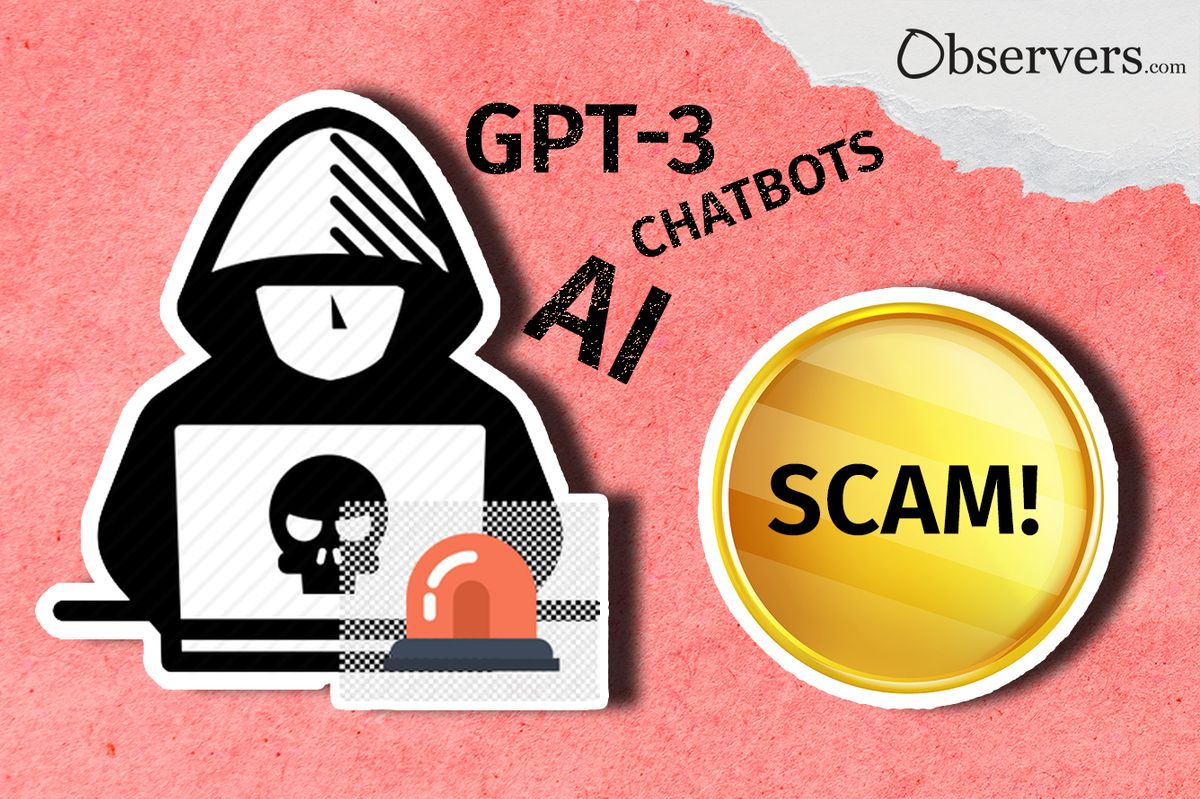
In the wake of recent news about Microsoft incorporating ChatGPT functionality into its Bing search engine, blockchain security specialists PeckShield have identified multiple scam tokens trading on the hype through its PeckShieldAlert Chrome extension.
PeckShieldAlert earlier this week warned that it has “detected dozens of newly created #BingChatGPT tokens,” many of highly questionable pedigree. These potential scam tokens take a number of guises.
#PeckShieldAlert PeckShield has detected dozens of newly created #BingChatGPT tokens, of which 3 appear to be #honeypots & 2 have high sell tax. 2 of them have already dropped over -99%.
— PeckShieldAlert (@PeckShieldAlert) February 20, 2023
Deployer 0xb583 has already created dozens of tokens with a pump & dump scheme #AI #ChatGPT pic.twitter.com/merQikuslk
At least three are suggested as likely ‘honeypot’ traps. Similar to the common ‘honeypot’ trope popularized by spy fiction, these employ a sweet looking bait (the honey) to lure in unsuspecting victims, albeit in this case a suspiciously unguarded stash of cryptocurrency, rather than an attractive female (or male) agent.
In order to retrieve this tempting booty the victim must first transfer some funds into the wallet address to use as gas for the outgoing transaction. Then boom, the wallet address was actually a smart contract, and the victim’s gas funds get whisked away before they even register as balance… along with those of everybody else who has tried to snatch the ‘honey’.
Honeypots aside, two of the other BingChatGPT tokens highlighted by PeckShield attract a sell tax of 99% and 100% respectively, which rather eats into any profits a victim may think they have accrued. And several others are suspected ‘pump and dump’ or ‘rug pull’ schemes.
The ‘pump and dump’ scam is over 100 years old, and has been applied to a great many asset classes. It basically consists of artificially inflating the price of an owned asset by spreading hype and misleading positive information (the pump), followed by selling all of the held asset once the price has risen (the dump).
The technique was extensively used by ex-Wall Street broker Jordan Belfort (famously played by Leonardo DiCaprio in the film, The Wolf of Wall Street), although it is perhaps even more efficient in the current crypto landscape, as the asset doesn’t even need to be bought up in the first instance; the new token can simply be minted for virtually zero cost.
Two more of the tokens identified by PeckShield are already showing slippage of almost 100% of their value, while another shows a 65% loss to date. A further suspect token is identified as being created by a “Serial Rugpuller” who has deployed multiple tokens in a number of pump-and-dump schemes.
Sadly scammers have long been an occupational hazard for crypto fans, perhaps unsurprisingly in a market where fortunes are made and lost in minutes. The wealth of naïve and uninformed hopefuls desperate to ‘get rich quick’ provides a fertile hunting ground for con-artists and those with less than honorable intentions.
With the rise in visibility seen recently by AI chatbots, it would seem like a reasonable assumption that there might be some kind of crypto connection, and research by CoinGecko earlier this month showed that the most interest in AI Crypto came from Lebanon and Slovenia.
It’s highly possible that this rise in search engine activity almost willfully manifested these scam coins into existence. If investors are actively looking for something to throw their money at then there will always be some enterprising soul to provide it.
However before investing in any token it is important to do your own research (DYOR) and a cursory scan of the internet would confirm that neither Microsoft, nor OpenAI has launched any crypto token connected to ChatGPT (at time of press).
There will certainly be more scammers attempting to take advantage of the current buzz around AI, and when that dies down expect them to move on to the next big thing. The best way to protect yourself is to be informed, and keep Observing.

